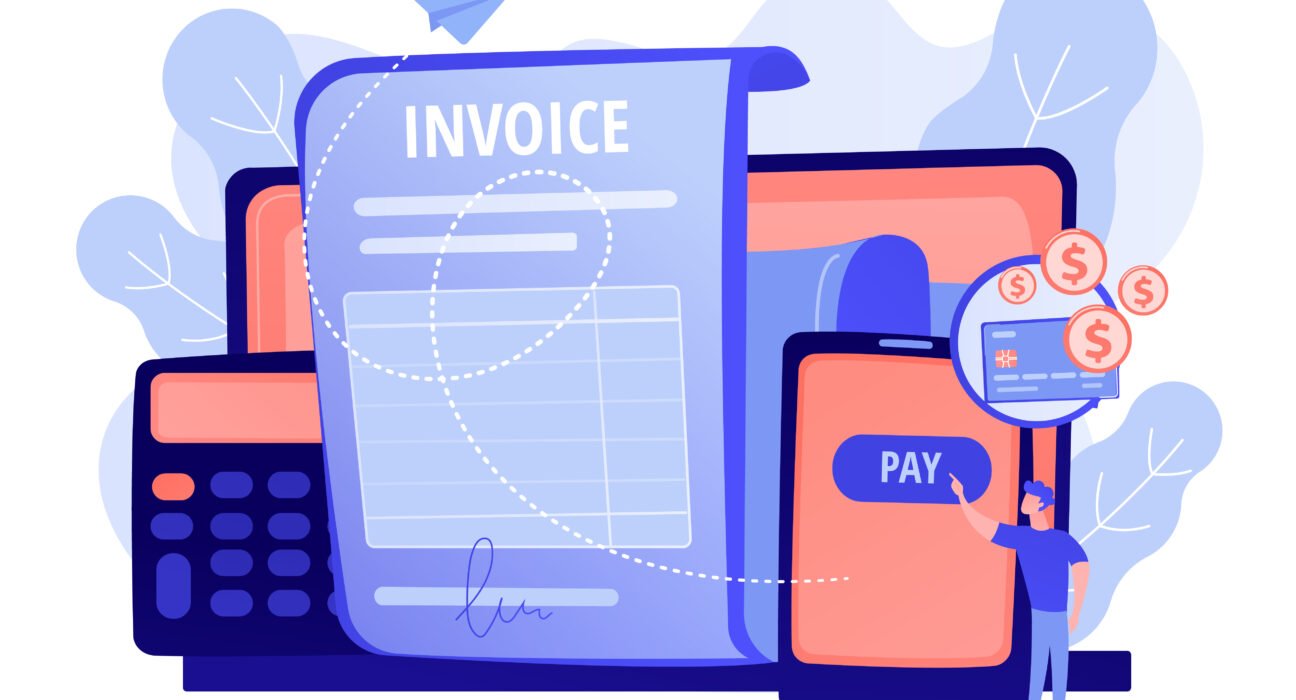In the complex world of healthcare services, Medicaid plays a crucial role, especially in supporting Non-Emergency Medical Transportation (NEMT).
Efficient billing ensures that NEMT providers receive timely reimbursement for their crucial services.
This article examines how Medicaid billing software can enhance NEMT operations and its pivotal role in streamlining reimbursement processes.
Table of Contents
Challenges in NEMT Billing for Medicaid
Navigating the complex Medicaid reimbursement process for NEMT services poses significant challenges.
The complexity of Medicaid reimbursement, frequent billing errors, and the administrative burden on NEMT providers all create substantial hurdles that require innovative solutions.
Understanding Medicaid Billing Software
Efficient Medicaid billing software streamlines NEMT reimbursement.
It encompasses a suite of functionalities designed to simplify billing processes.
The evolution of billing technology for NEMT reflects a commitment to enhancing accuracy, compliance, and overall financial stability for providers.
Advantages of Implementing Medicaid Billing Software in NEMT
Implementing Medicaid billing software brings efficiency and accuracy to NEMT providers.
By embracing this technology, providers stand to benefit from enhanced precision, streamlined claims submission, and a significant reduction in billing errors.
The software facilitates efficient tracking and reporting of billing data, contributing to more significant financial management.
Integration with Electronic Health Records (EHR) Systems
In the contemporary healthcare landscape, the cooperation between Medicaid billing software and Electronic Health Records (EHR) Systems has emerged as a cornerstone for optimizing the provision of NEMT services.
The seamless integration of these two technological solutions holds profound implications for patient care coordination, data accuracy, and overall operational efficiency.
Interoperability: The Key to Seamless Coordination
The true power of integrating Medicaid billing software with EHR lies in achieving interoperability—the ability of these systems to communicate, share data, and work together seamlessly.
Interoperability ensures that critical information, from patient demographics to medical history and billing details, is exchanged in real-time.
This exchange of data eliminates silos and facilitates a holistic understanding of the patient’s journey, from the healthcare provider’s office to the NEMT vehicle.
Enhancing Data Accuracy and Reliability
Integrating Medicaid billing software and EHR mitigates the risk of errors associated with manual data entry and reconciliation.
Information is entered once and automatically populates across both systems by establishing a direct link between billing and health records.
This reduces the likelihood of discrepancies and enhances the accuracy and reliability of data, a crucial factor in the complex web of healthcare reimbursement.
Streamlining Administrative Processes
One of the immediate benefits of seamless integration is the streamlining of administrative processes. NEMT providers can bid farewell to the time-consuming task of manually reconciling billing data with patient records.
Instead, staff can focus on more value-added tasks, confident that the integrated systems are working in tandem to ensure accuracy and compliance. This streamlined approach contributes to operational efficiency and empowers providers to allocate resources more effectively.
Real-time Decision Support
Integrating Medicaid billing software with EHR systems facilitates real-time decision support for healthcare providers and NEMT coordinators.
When faced with critical decisions regarding transportation logistics or patient status changes, access to the most up-to-date health information is paramount.
This real-time decision support capability ensures that NEMT providers respond promptly to evolving situations, enhancing patient care and satisfaction.
Improved Patient Experience and Care Coordination
The integration of Medicaid billing software with EHR is centered around improving patient care coordination.
By having a comprehensive view of a patient’s medical history, upcoming appointments, and transportation needs, healthcare providers can deliver more personalized and efficient care.
This integrated approach benefits patients by minimizing disruptions in their healthcare journey and allows NEMT providers to align their services with the broader healthcare ecosystem.
Future Trends in Medicaid Billing Software
The landscape of Medicaid billing software is ever-evolving. As technology advances, so do the possibilities for improving billing solutions in NEMT services.
Regulatory Compliance
Navigating the complex web of Medicaid regulations and guidelines is imperative for NEMT providers.
Regulatory compliance in billing processes ensures adherence to healthcare billing laws and standards, preventing fraud, errors, and financial penalties.
Compliance with HIPAA regulations is crucial to safeguard patient privacy and data security. Encryption, access controls, and secure data storage are essential considerations to protect patient information and uphold trust in the healthcare system.
Failure to comply risks legal consequences, undermines patient confidence, and jeopardizes the integrity of the NEMT service.
Cost-Benefit Analysis
Understanding the financial implications of implementing Medicaid Billing Software is crucial for NEMT providers.
Investing in efficient systems and processes can yield substantial long-term cost savings and revenue potential. By optimizing routes and schedules, NEMT providers can reduce fuel and labor costs while improving service efficiency and lowering operational expenses.
Enhanced patient access to healthcare appointments through reliable transportation can prevent missed appointments and hospital readmissions, reducing overall healthcare costs and potentially increasing revenue through reimbursement for completed services.
Creating positive patient experiences and outcomes can strengthen relationships with healthcare providers, potentially leading to referrals and increased business opportunities for the NEMT provider.
Embracing Innovative Solutions
The emergence of Medicaid billing software has altered the reimbursement of NEMT expenses, catalyzing positive change in the overall process.
Its role in enhancing accuracy, streamlining processes, and ensuring regulatory compliance is pivotal for the financial stability of NEMT providers.
By harnessing technology, providers can boost efficiency, reduce costs, and improve patient experiences.






